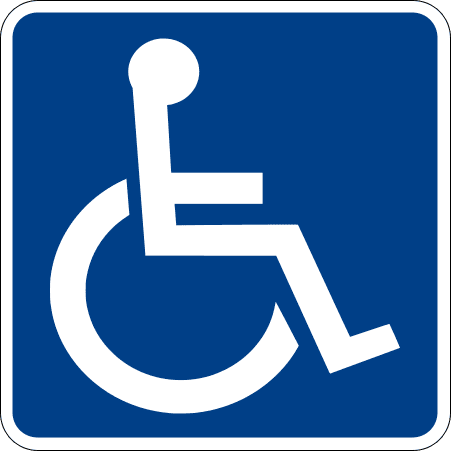Prestige Senior Living and Prestige Care recently agreed to settle a disability discrimination lawsuit for $2 million.
After being accused of disability discrimination, Prestige Senior Living and Prestige Care agreed to settle a lawsuit filed by the Equal Employment Opportunity Commission for $2 million. In addition, Prestige has agreed to implement policy changes to ensure it does not make the same discriminatory mistakes again.

Why was the lawsuit filed in the first place, though? According to the EEOC, former Prestige policies, along with the policies of its affiliated assisted living communities and skilled nursing facilities “required employees to be able to perform 100% of their job duties without restriction, accommodation or engaging in what the agency calls the interactive process.” Also, the agency alleged that Prestige’s “inflexible leave policies led to the firing of employees with disabilities.” When commenting on the matter, Melissa Barrios, director of the EEOC’s Fresno Local Office said, “They had to be 100% healed, 100% fit for duty, or they wouldn’t be allowed to return to work after an illness or injury.”
For example, a former female employee who had medical complications due to a knee injury was told by a physician that she would “require an additional four to six weeks to heal.” Barrios said, “Because she had exhausted her leave, they felt they were no longer obligated to accommodate any of her restrictions and so she was subsequently terminated.” She added:
“Many companies believe that, ‘Well, I have fulfilled the Family and Medical Leave Act mandate and that’s all that I need to do.’ But under the ADA, there are some additional obligations that employers have to address. They have to meet with the individual, see if there are any accommodations for the individual to be able to return to work and, if not, they could grant potential additional leave for that healing process — some reasonable time for that person to be able to get back to work.”
She also said that, while employers are not always able to accommodate employee needs, the EEOC wants employers to “at least engage in that discussion and not automatically close the door just because they’re not 100%.”
Anna Park, the regional attorney for the EEOC’s Los Angeles District Office also chimed in and said:
“We encourage all employers in the nursing and assisted living industry to follow suit and review their disability accommodation policies and practices to ensure they are in compliance with federal law.”
When commenting on the recent settlement, Prestige said it is “fully committed to fostering a work environment where every individual is treated with respect and dignity and is offered the appropriate accommodations to perform their responsibilities.” In a statement, it added:
“We’re satisfied that we’ve found an equitable resolution with the EEOC and look forward putting this chapter behind us so that we can continue to create rewarding workplaces and focus on the exceptional care we provide to our residents every day.”
Sources:
$2 million disability discrimination lawsuit settlement offers lessons for all operators
THE $2 MILLION LESSON IN A DISABILITY DISCRIMINATION LAWSUIT


Join the conversation!